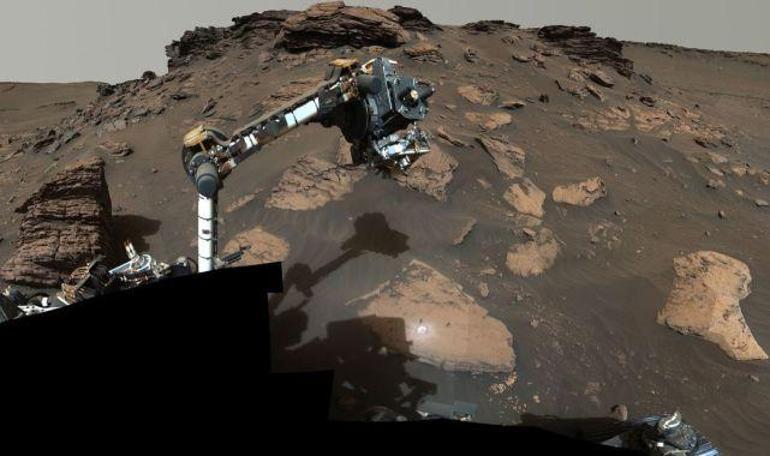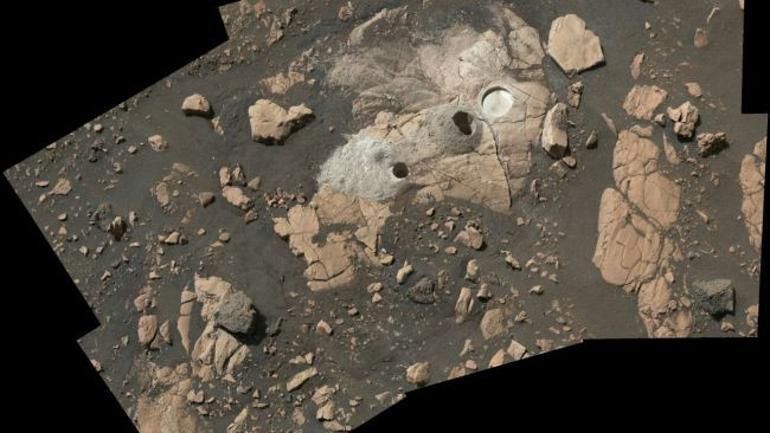NASAof AnthemThe spacecraft Perseverance is about to complete its first mission to the planet.
The NASA robot collected many different stone samples on its first mission. After collecting these samples, the spacecraft will be brought to Earth to prepare for subsequent missions.
It has been 17 months since the probe reached Mars. The vehicle to the area called ‘Jezero Crater’, science According to his people, he’s done a great job, has collected very good specimens, and is perfectly in a position to keep working on finding signs of life on the planet.

It is not currently being investigated whether there is life on the planet. The harsh environmental conditions of Mars greatly reduce this possibility. Instead, Perseverenace searches for biological traces from billions of years ago when Jezero was a lake.
class=”medianet-inline-adv”>
Scientists believe this ancient history is hidden in “incredible stone specimens”. These samples will be stored and studied in a warehouse for the next few months.
David Shuster, a scientist at the University of Berkeley, a member of the team working on the Perseverence Mars mission, said: “If the former state of Jezero has been seen on Earth at any time in the last 3.5 billion years, then biology has done its part and is working on these stones. “It would have left some traces for us to examine.”
The goal is to bring these samples, taken by drilling on the crater’s surface, to Earth by 2033. It is predicted that the history of the stones from which samples were taken can be determined exactly.

It is known that one of the samples consisted of mud formed during the evaporation of the lake. This sample appeared to be filled with salt. This revealed that the soil in the region is carbon-rich.
This was a discovery that greatly changed the expectation and created different expectations:
class=”medianet-inline-adv”>
For the last four months Perseverance has been working on the edge of a delta. It will soon begin collecting stone samples from a flatter area inside the crater area.
It may take up to two months to carefully examine these and generate data for future studies.
.
